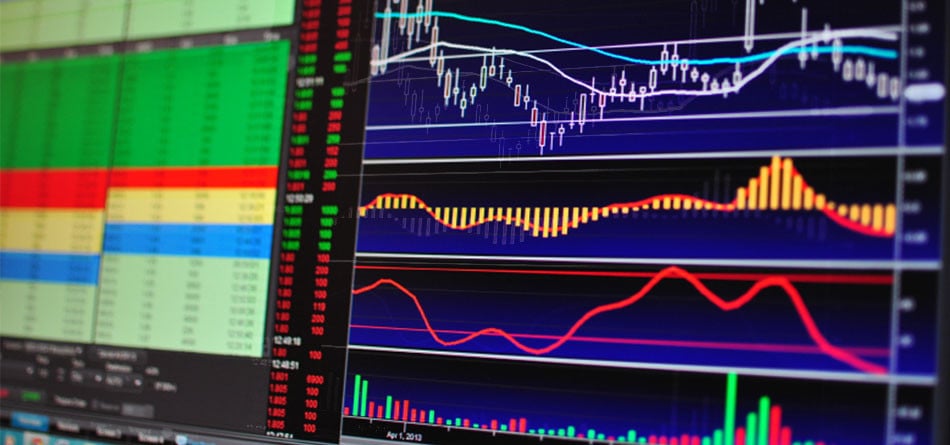As more asset managers adopt centralized trading desks in the name of efficiency, they could be robbing Peter to pay Paul.
Although central trading desks help net trades across the firm before releasing them to the sell side, they contribute to more complexity in the middle office, especially when support instruments like derivatives, according to Brad Bailey, research director, securities and investments at consultancy Celent.
Regulatory regimes with operational mandates, such as Dodd-Frank and MiFID II, also are putting further pressure on the middle office, he noted.
 Brad Bailey, Celent
Brad Bailey, Celent
"There is talk about the Trump administration targeting certain regulations to roll back, but there are some things that will not change," said Bailey. "Clearing mandates are one, which also drives further electronic trading."
Despite this growth in complexity, he has seen an increase in what he dubs 'federated desks'. These centralized cross-asset trading desks usually feed their liquid trades directly into algo engines for execution while forwarding trades in illiquid bonds, currency pairs, and equities to traders who specialize in illiquid trades.
How those specialists engage with liquidity depends on their trading strategies, which varies by firm.
"If you are an active trader who uses equity strategies, fixed-income strategies, and fixed income strategies that is one perspective," said Bailey. "If your FX hedging is a byproduct of your cross-currencies -- bonds, securities trading -- that's another perspective."
Among large asset managers, he has seen some developed their expertise in FX trading from supporting their cross-border equities trades only to use that knowledge to implement active FX strategies.
When asset managers rationalize their adoption of federated trading desks to improve their efficiencies, they also look to rationalize the platforms that support the desk. "It might mean going from hundreds of systems down to 40 or going from 10 systems and going down to one or two," said Bailey.
This consolidation trend has not been lost on the providers of technology and brokerage services.
"You certainly see some of them out there acquiring, consolidating, or building their cross-asset support and moving from only supporting equities to supporting FX as well," he added. "We see a lot of these vendors gaining a lot of traction."














